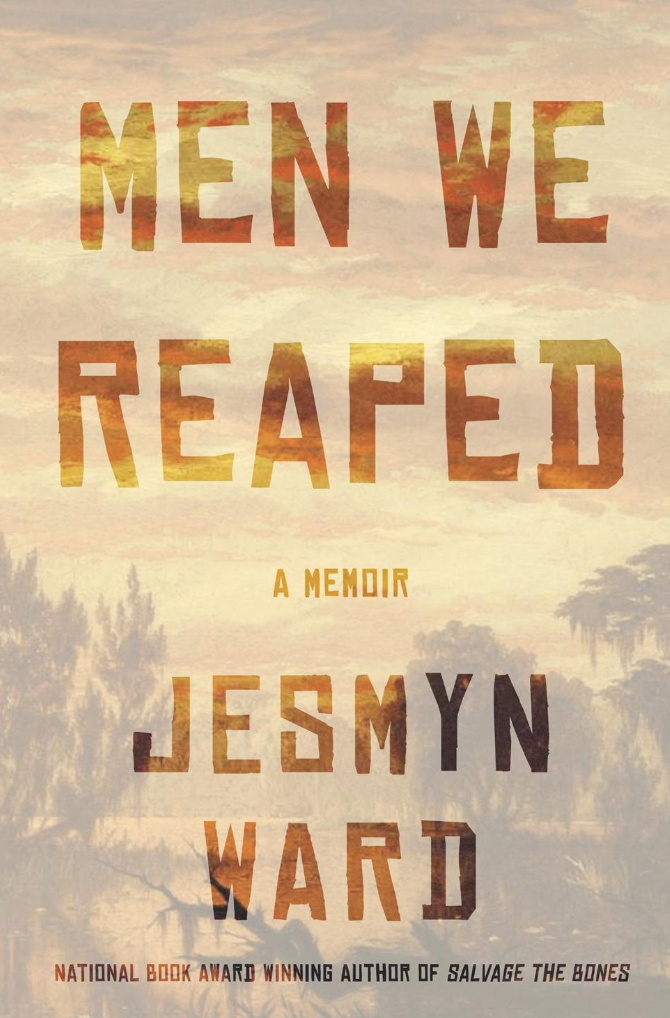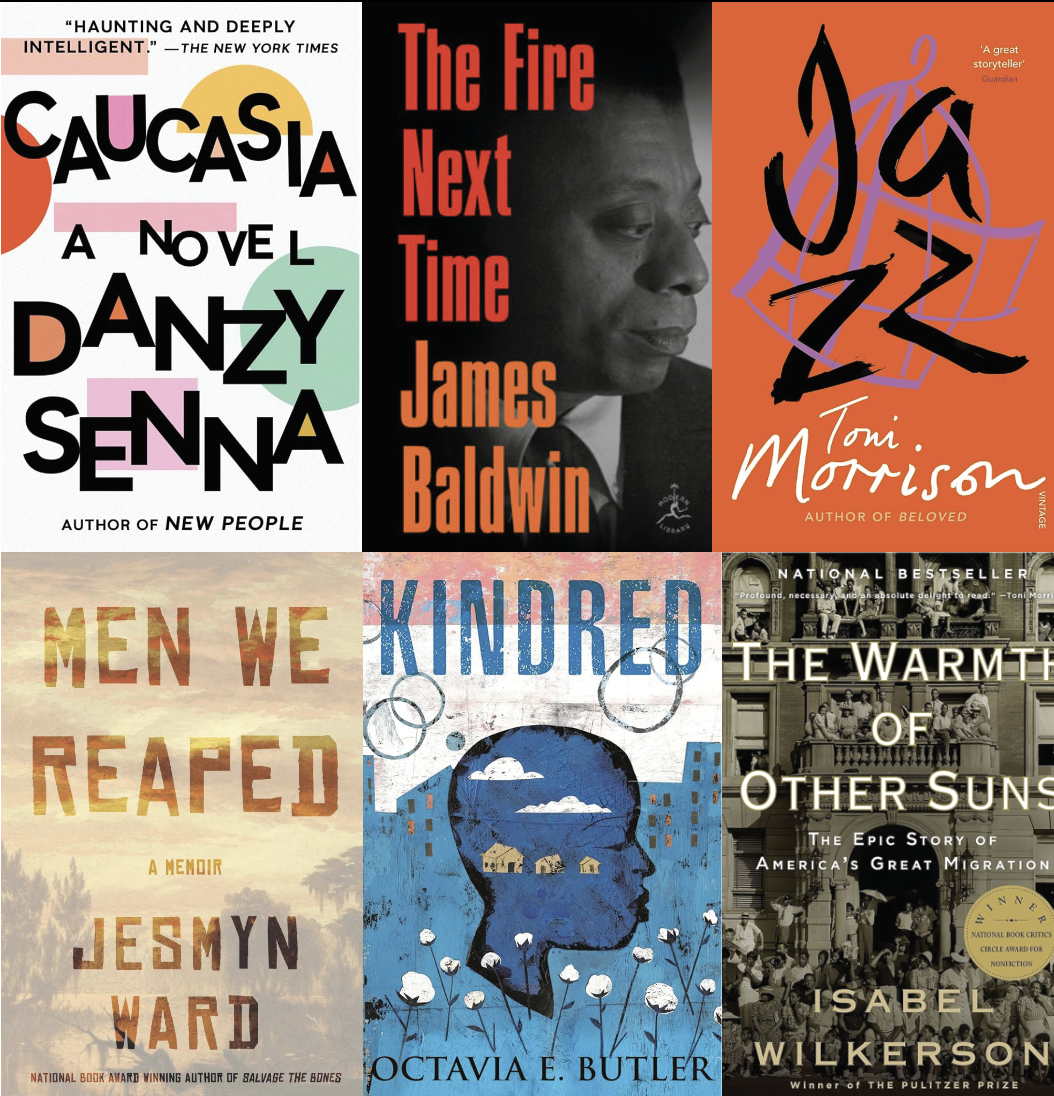In 1926, scholar Carter G. Woodson, the father of Black History, and his fraternity brothers established the first Negro History Week in February. They chose February because Black communities had already been celebrating President Abraham Lincoln and abolitionist Frederick Douglass’ February birthdays.
In 1976, President Gerald Ford began to recognize the entire month of February as Black History Month, which is dedicated to teaching and honoring generations of Black accomplishments and struggles in American society. Here are six book recommendations from Hawk staff to celebrate Black history and literature.
“Caucasia” by Danzy Senna

Danzy Senna’s debut novel examines the turmoils of leading an interracial life. Birdie and Cole are sisters who have drastically different appearances: Cole is dark-skinned, while Birdie is white-passing. When their family splits and Birdie goes with her white mother to New Hampshire, she is forced to pass as white in order to navigate her new surroundings.
“The Fire Next Time” by James Baldwin
Consisting of two essays written on the 100-year anniversary of the Emancipation Proclamation, “The Fire Next Time” is one of James Baldwin’s most well-known and celebrated works. In his essays, Baldwin calls on Black and white Americans to combat America’s racism, or else the entire nation may face the consequences of ignoring its most enduring evil.

“Jazz” by Toni Morrison

According to the New York Times, “Jazz” retains the honor of being one of Nobel and Pulitzer Prize-winning writer Toni Morrison’s most difficult works, but also her favorite. Morrison sought not only to tell a story during jazz music’s peak in 1920s Harlem, examining slavery’s enduring legacy, but also to capture and incorporate the spirit of jazz music into the novel.
“Men We Reaped” by Jesmyn Ward
Jesmyn Ward’s critically acclaimed memoir reflects on a five-year period in her life in which five friends and family members died, all of whom were young Black men from impoverished economic backgrounds. Ward used their deaths as a catalyst to write “Men We Reaped,” using her own upbringing in Mississippi to analyze the structural poverty and racism that led to these men’s deaths.

“Kindred” by Octavia E. Butler

One of the first Black woman writers in science fiction, Octavia E. Butler published “Kindred” in 1979. The novel focuses on a Black woman living in the 1970s who gets transported back in time to the plantation her enslaved ancestors worked on. For more visually-inclined readers, “Kindred” was also adapted into an Eisner-winning graphic novel by John Jennings and Damian Duffy in 2017.
“The Warmth of Other Suns: The Epic Story of America’s Great Migration” by Isabel Wilkerson
Isabel Wilkerson, the first Black woman to win the Pulitzer Prize for journalism in 1994, began her authorial career with “The Warmth of Other Suns: The Epic Story of America’s Great Migration,” an intimate and intensely detailed portrait of the Great Migration. Focusing on three real-life Black Americans, Wilkerson explores the 60-year period in which millions of Black Americans traveled from the Deep South to Northern cities.


















































